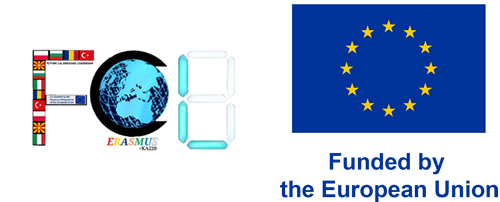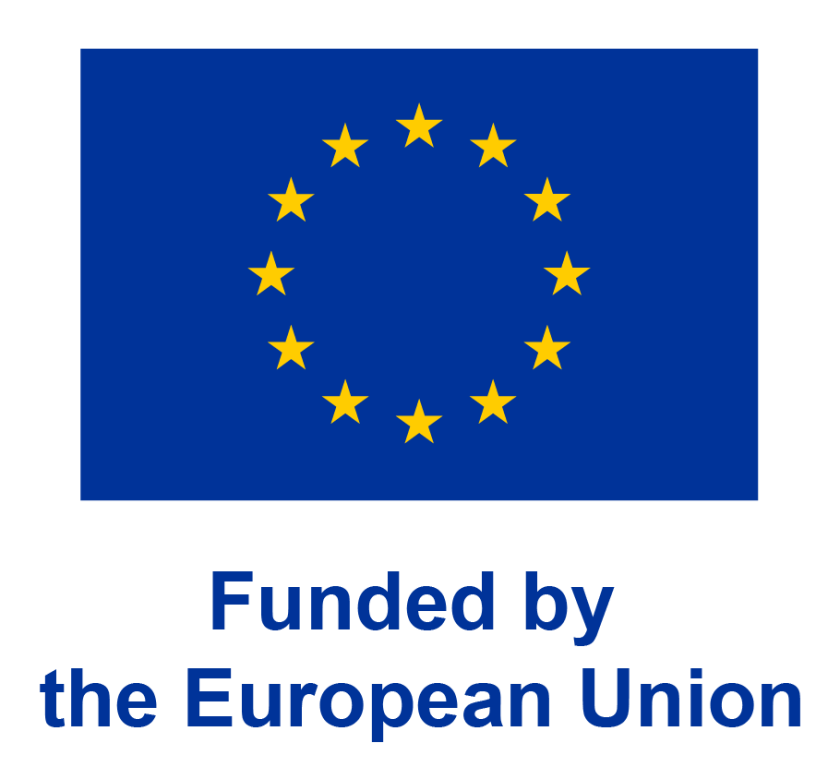Future Classrooms' Leadership
aims to fill the digital competence gap of the participants in the educational process by practical knowledge sharing on utilization of digital tools for education. The project is focus on promoting partners’ 21st century skills, technological skills, critical thinking skills, teamwork skills, and international awareness of teachers and students.



